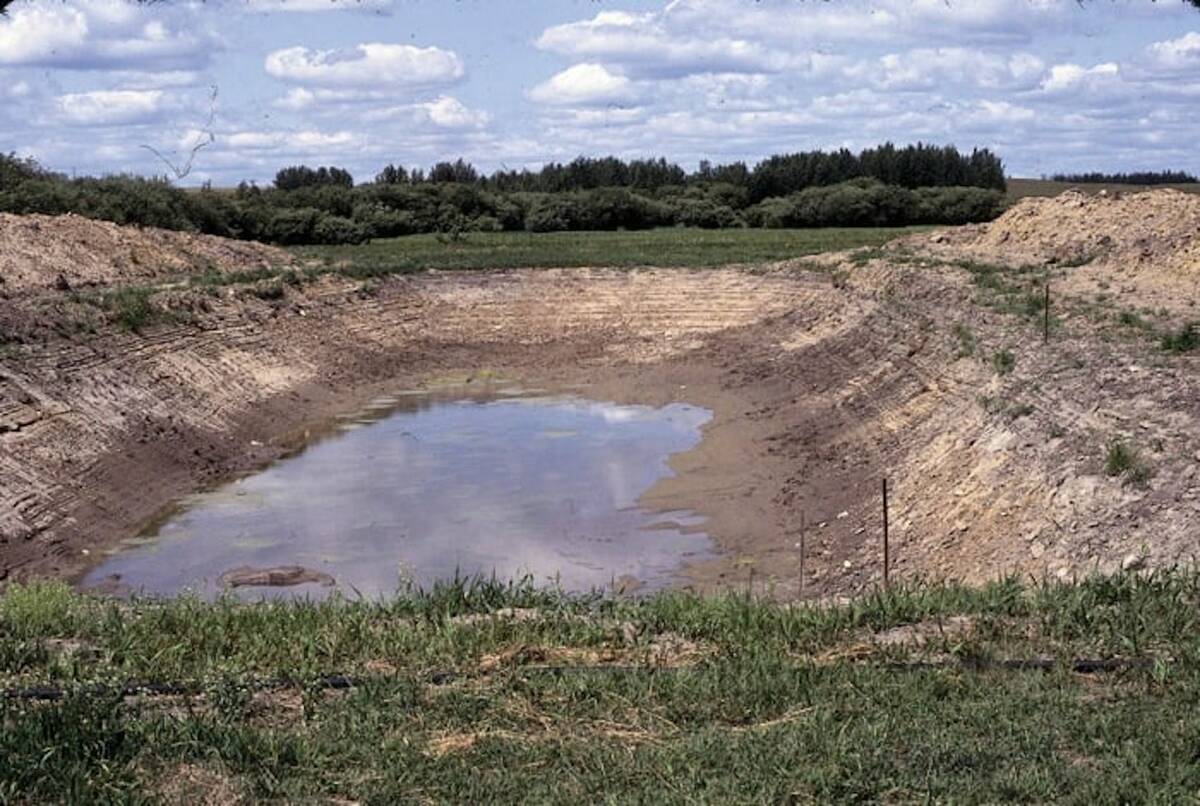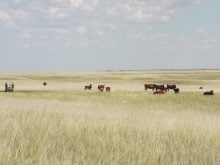McDonald’s Canada will return in September to using 100 percent Canadian beef in its burgers after sourcing about 20 percent of its Canadian restaurant needs from five other countries because of supply issues during the pandemic.
John Betts, president and chief executive officer of McDonald’s Restaurants of Canada, made the announcement Aug. 13 during the Canadian Beef Industry Conference.
“As of September we are going back to 100 percent Canadian beef, the best beef in the world absolutely,” said Betts in a video address.
Additionally McDonald’s in September will offer its Quarter Pounder hamburgers with at least 30 percent of that beef from sources certified as sustainable by the Canadian Roundtable for Sustainable Beef (CRSB.)
Read Also

Dry summer conditions can lead to poor water quality for livestock
Drought conditions in the Prairies has led to an decrease in water quality, and producers are being advised to closely monitor water quality for their animals.
Betts called the move “a major milestone in delivering sustainable burgers to Canadians.”
The restaurant chain began using the CRSB logo on its Angus burger packaging in 2018, the first to do so, and now will extend that to another of its burger products. McDonald’s was a founding member of the CRSB, which was established in 2014.
Certification through CRSB ensures, through independent audit, that producers raise cattle in specific ways to protect animal welfare, the environment, food safety and other benchmarks. The certification also applies certain benchmarks expected in other parts of the supply chain.
In an on-line discussion with McDonald’s vice-president and chief supply chain officer Francesca DeBiase, Canadian Cattlemen’s Association president Bob Lowe admitted that he thought McDonald’s plan to certify a sustainable beef supply was “a wild idea” at first.
There were many skeptics within the Canadian beef industry about its implementation and potential, said Lowe.
“We are as an industry good at taking up science and doing what’s best … but when a big company like McDonald’s comes in and says ‘this is what we would like to see done,’ skepticism takes over,” said Lowe.
“What people found out, when we actually forced certain people, kicking and screaming, to come on board that basically they were doing everything anyway. They just weren’t writing it down.”
Lowe said his own operation went through the CRSB certification process.
“What you find out is if you follow that criteria, it actually saves you money. It doesn’t cost anything.”
DeBiase said CRSB certification is important for its customers.
McDonald’s customers like beef, she said, and they don’t want to feel guilty about eating it. By telling the truth about how it’s produced, the company through CRSB certification can prove its claims. Most don’t want “nitty gritty” detail but its available for those who do, said DeBiase.
In April, McDonald’s announced it would source some of its beef from other countries because the pandemic disrupted supply chains. It obtained beef from the United States, Australia, New Zealand, United Kingdom and Ireland to supplement its Canadian supply.
McDonald’s Canadian restaurants serve an estimated three million people per day and employ almost 100,000 people. They buy more than 85 percent of their food from Canadian suppliers at a cost of about $887 million, according to company data.


















